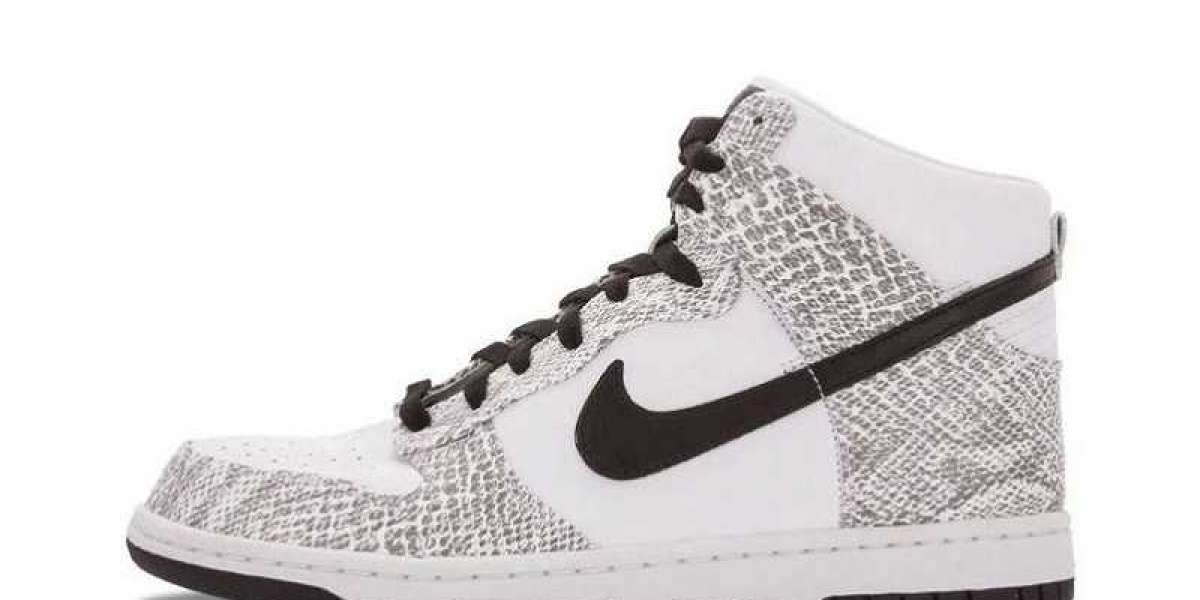In the fast-paced world of marketing, staying ahead of the curve is crucial for success. As we look towards the future, several emerging trends and technologies are set to reshape the landscape of marketing. From artificial intelligence (AI) to immersive experiences, let's explore the key developments that are poised to define the future of marketing.
Artificial Intelligence (AI) and Machine Learning:
Artificial Intelligence has already made its mark in marketing, and its influence is only set to grow. AI and machine learning algorithms analyze vast amounts of data to gain insights into consumer behavior, preferences, and trends. This data-driven approach allows marketers to personalize content, target specific audiences, and optimize campaigns for better results. Chatbots powered by AI are becoming more sophisticated, providing instant and personalized interactions with customers, enhancing the overall customer experience.
Augmented Reality (AR) and Virtual Reality (VR):
AR and VR technologies are transforming the way consumers engage with brands. Augmented reality overlays digital content onto the real world, while virtual reality creates immersive, computer-generated environments. Both technologies open up new possibilities for interactive marketing experiences. For instance, AR can be used in retail to allow customers to virtually try on products before making a purchase, while VR can transport users to a virtual showroom or product demonstration. These immersive experiences create memorable interactions, strengthening brand engagement.
Voice Search Optimization:
With the rise of virtual assistants like Siri, Alexa, and Google Assistant, voice search is becoming increasingly prevalent. Marketers need to adapt their strategies to accommodate voice-activated searches. This involves optimizing content for natural language queries and long-tail keywords. Voice search optimization is essential for maintaining visibility in search engine results, as users are more likely to use voice commands on their mobile devices and smart speakers.
Influencer Marketing 2.0:
Influencer marketing has evolved beyond sponsored social media posts. Micro and nano-influencers are gaining prominence, offering niche audiences more authentic and relatable content. Additionally, virtual influencers, created using CGI and AI, are starting to make waves. These digital personas provide brands with complete creative control while maintaining a consistent image. The future of influencer marketing lies in diversifying partnerships and embracing new forms of influencer collaborations.
Sustainability and Ethical Marketing:
As consumers become more environmentally conscious, brands are expected to align with sustainable and ethical practices. The future of marketing involves transparent communication about a brand's commitment to social and environmental responsibility. Companies that prioritize sustainability not only contribute to a better world but also appeal to the growing segment of eco-conscious consumers. Marketing strategies emphasizing eco-friendly practices and ethical sourcing are likely to gain traction in the years to come.
Conclusion:
The future of marketing is dynamic, driven by technological advancements and changing consumer preferences. Embracing these emerging trends and technologies is crucial for staying relevant and competitive. From harnessing the power of AI for data-driven insights to creating immersive experiences through AR and VR, the possibilities are vast. Voice search optimization, the evolution of influencer marketing, and the emphasis on sustainability further underscore the need for marketers to adapt and innovate.












